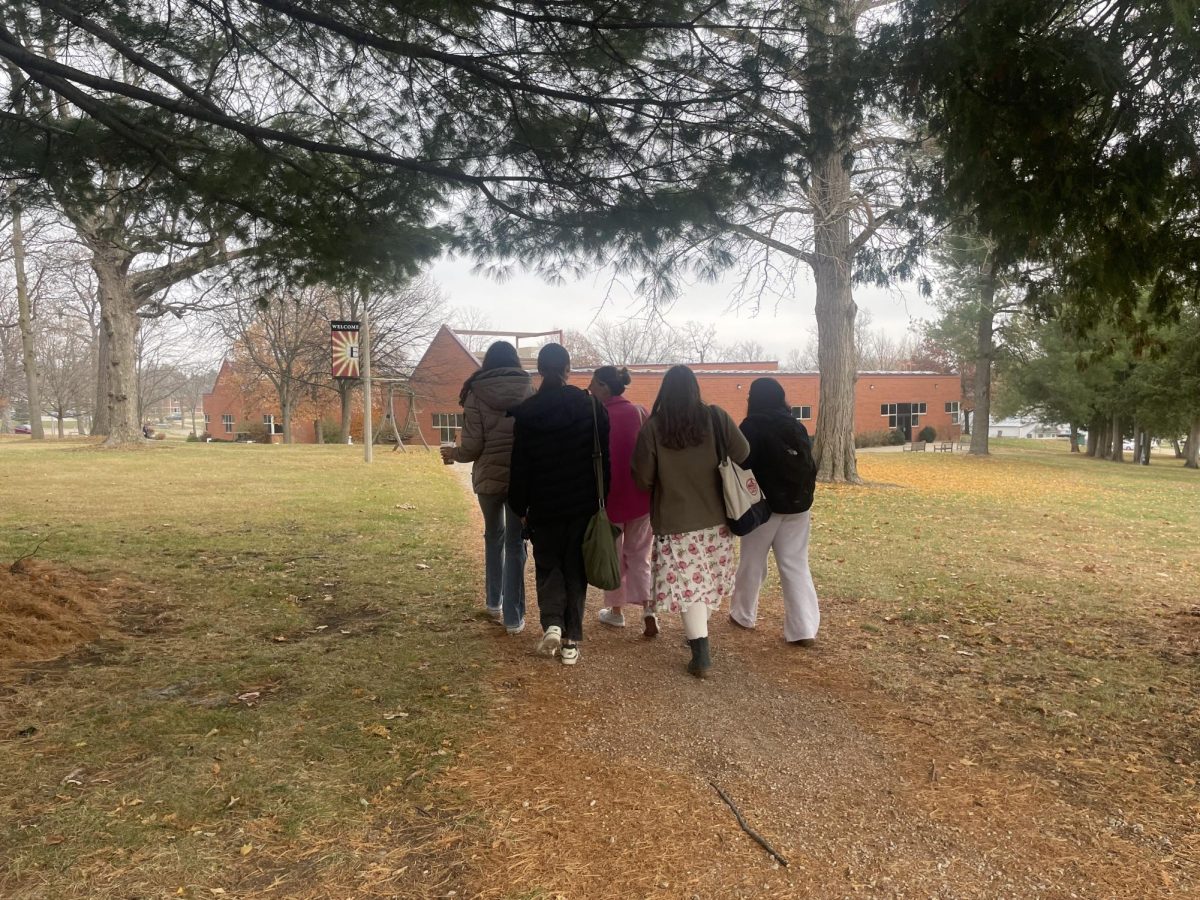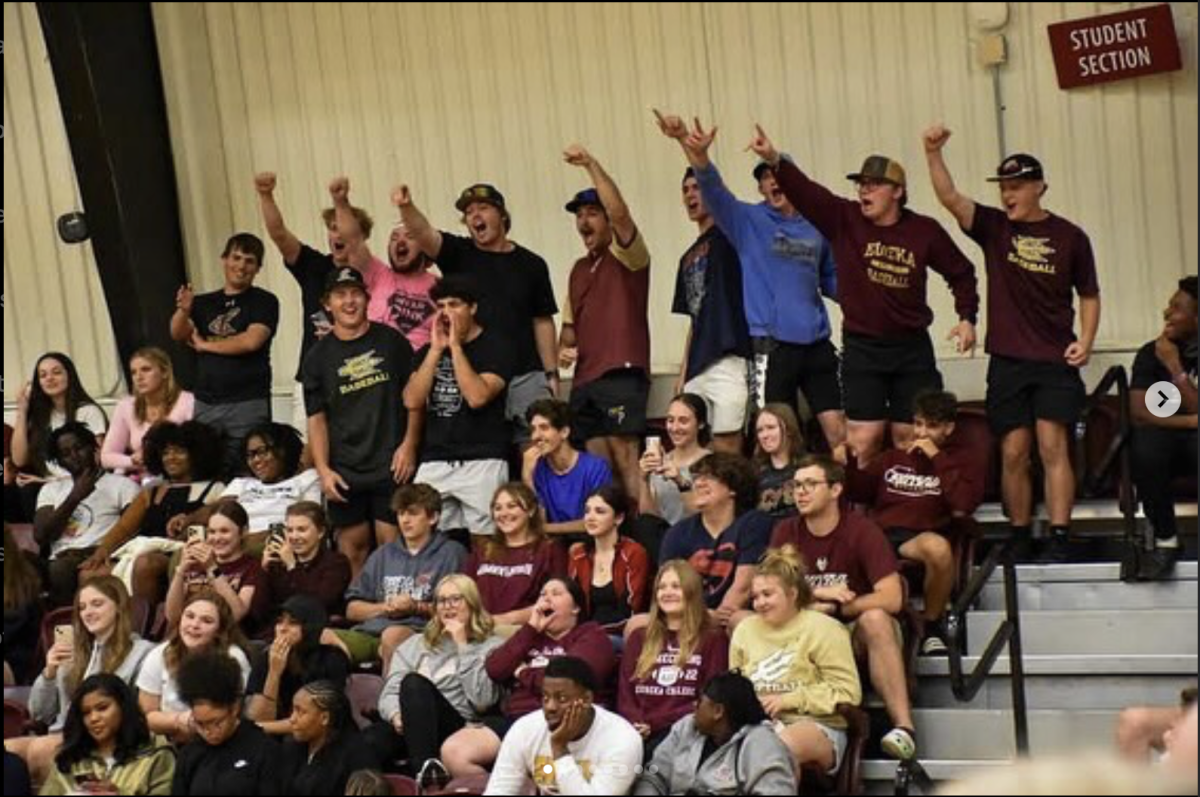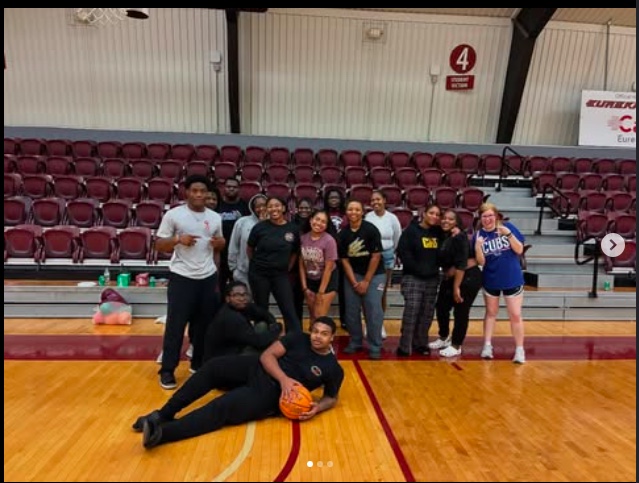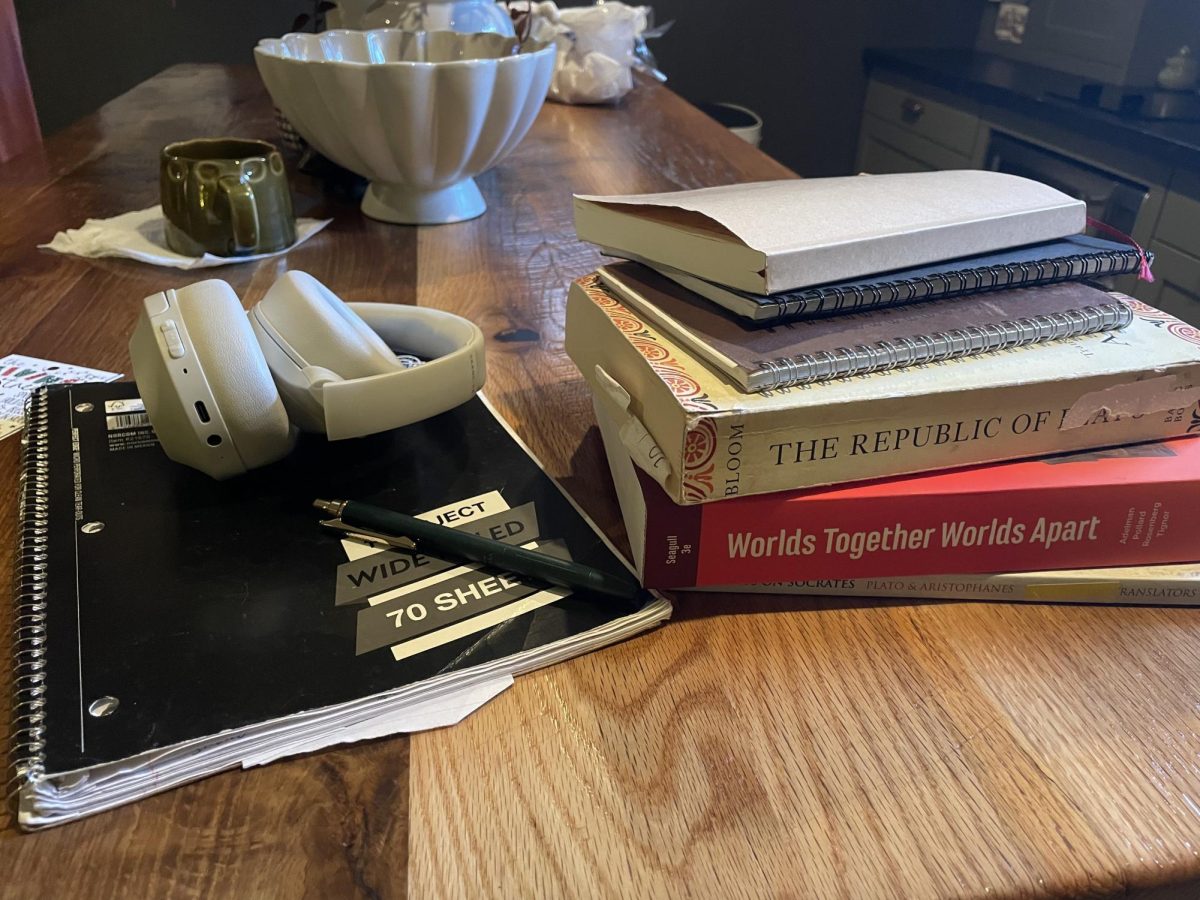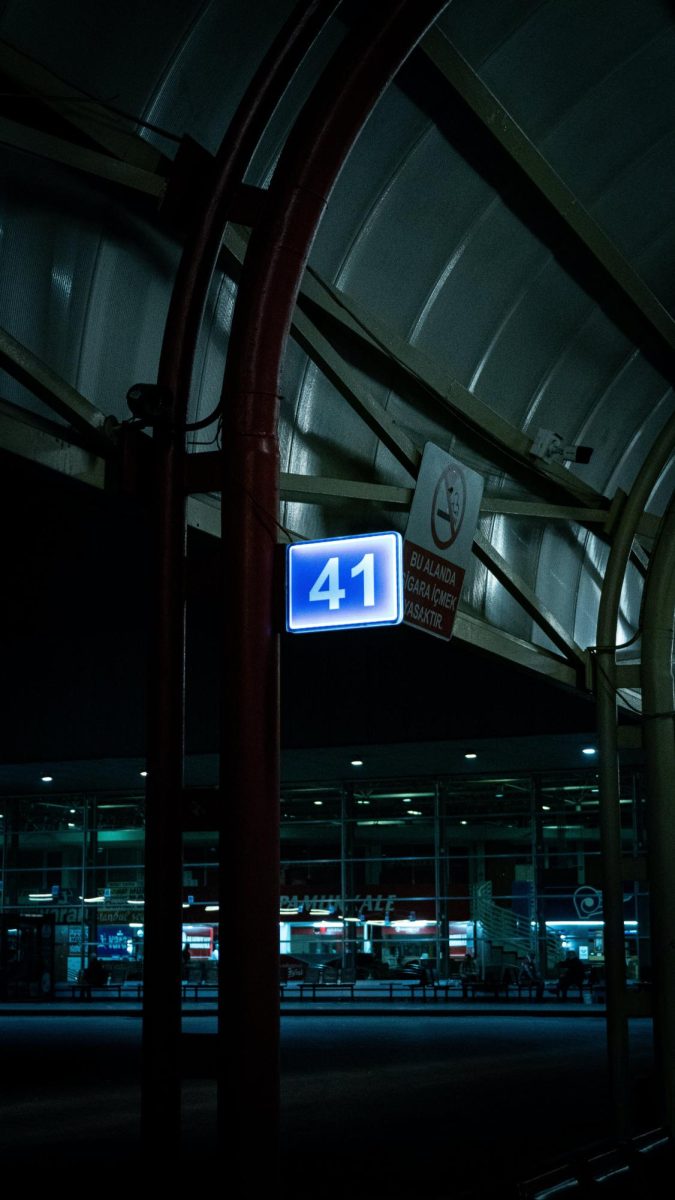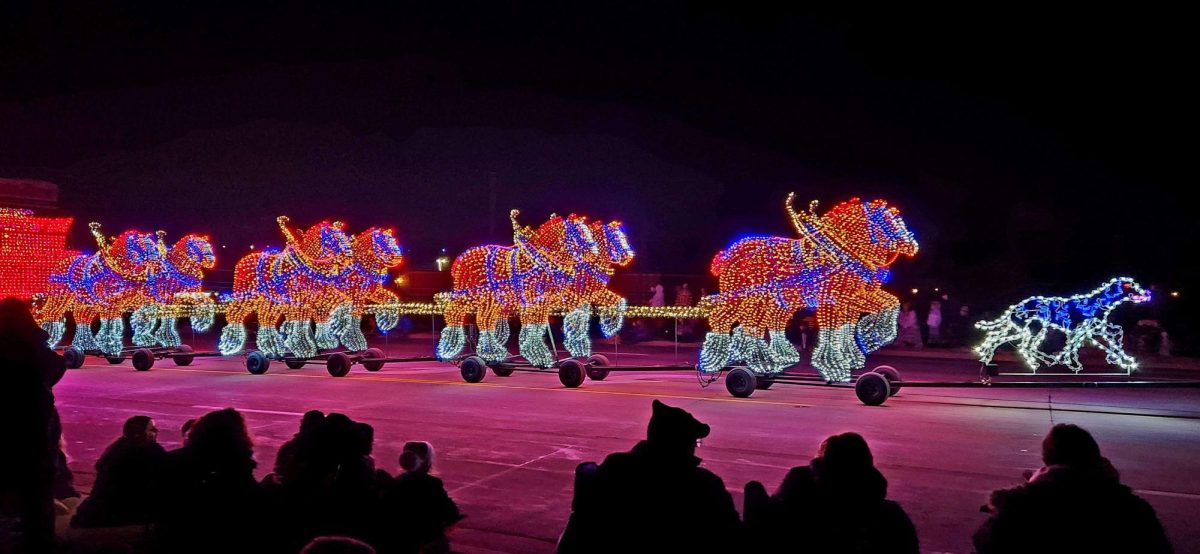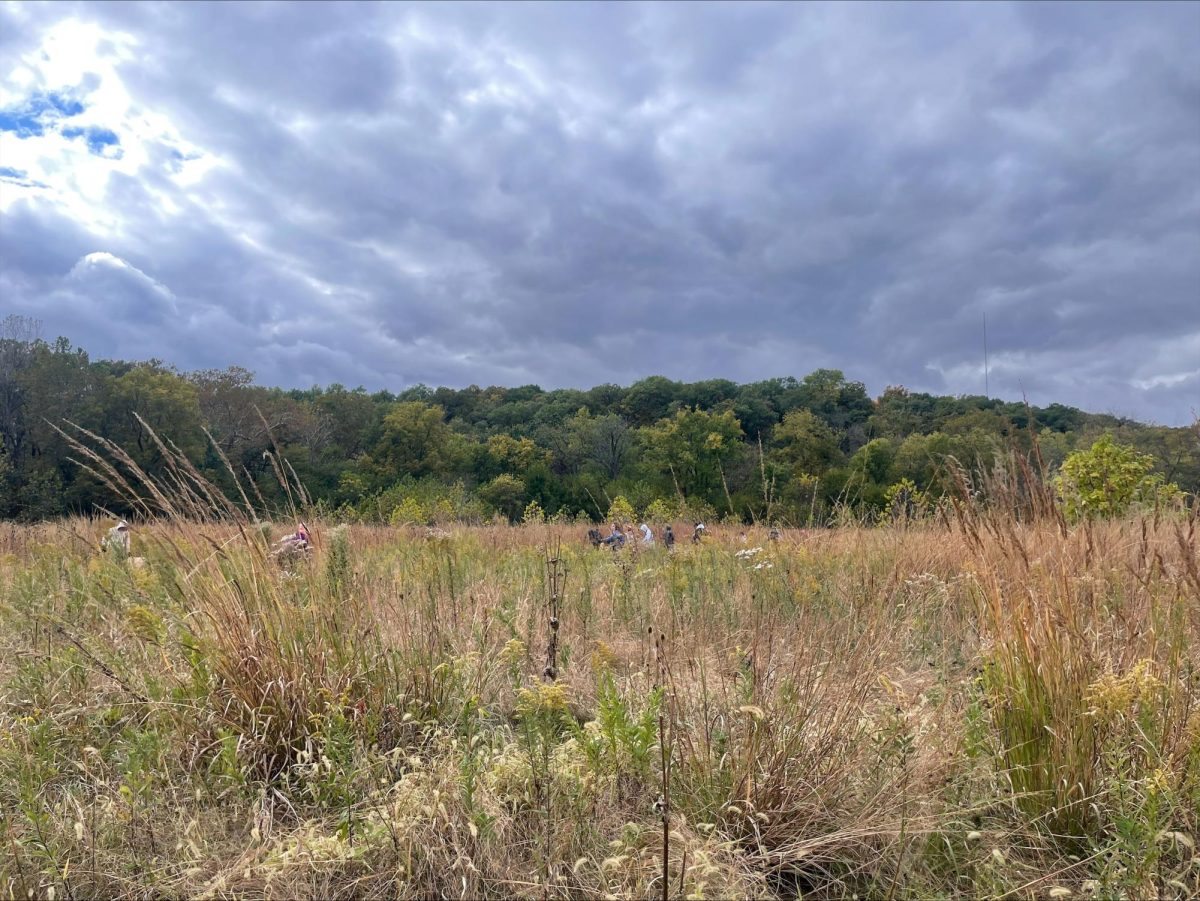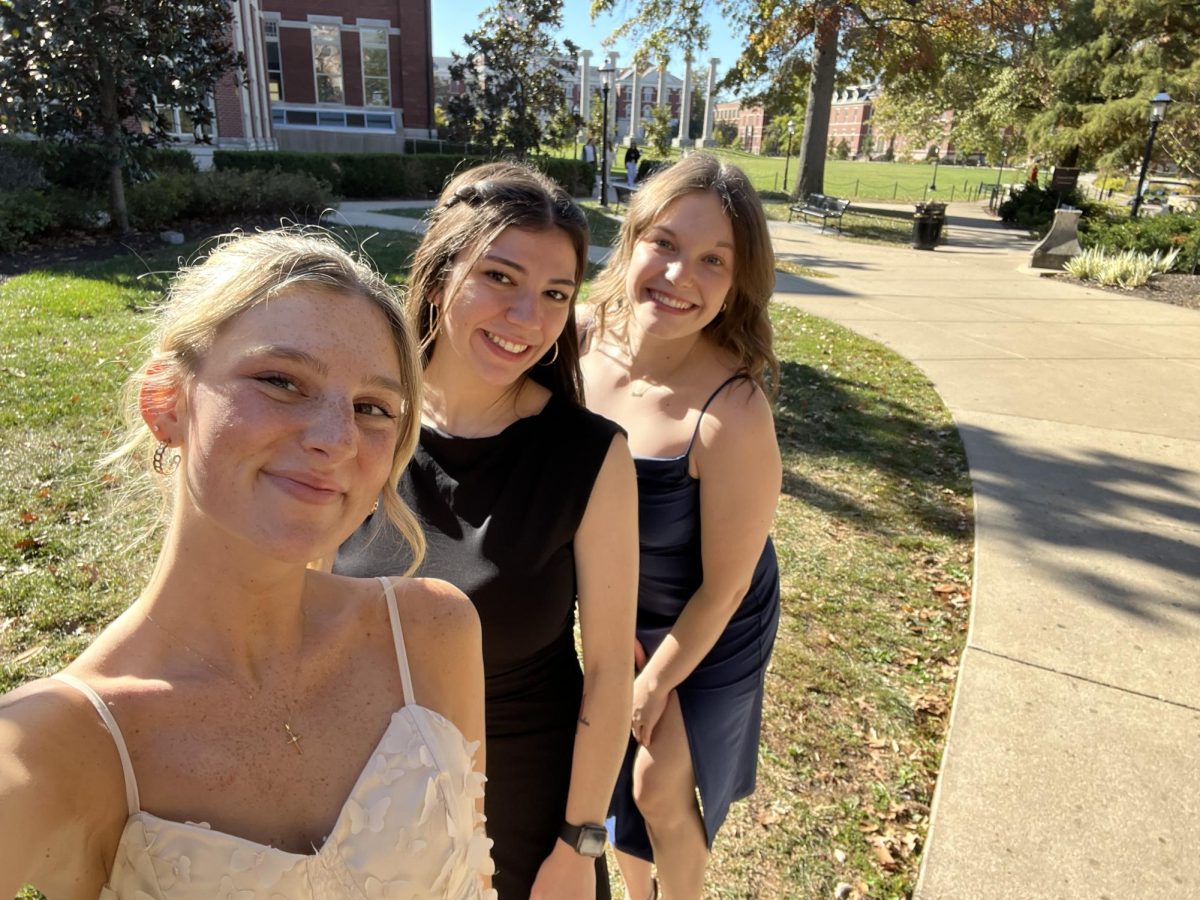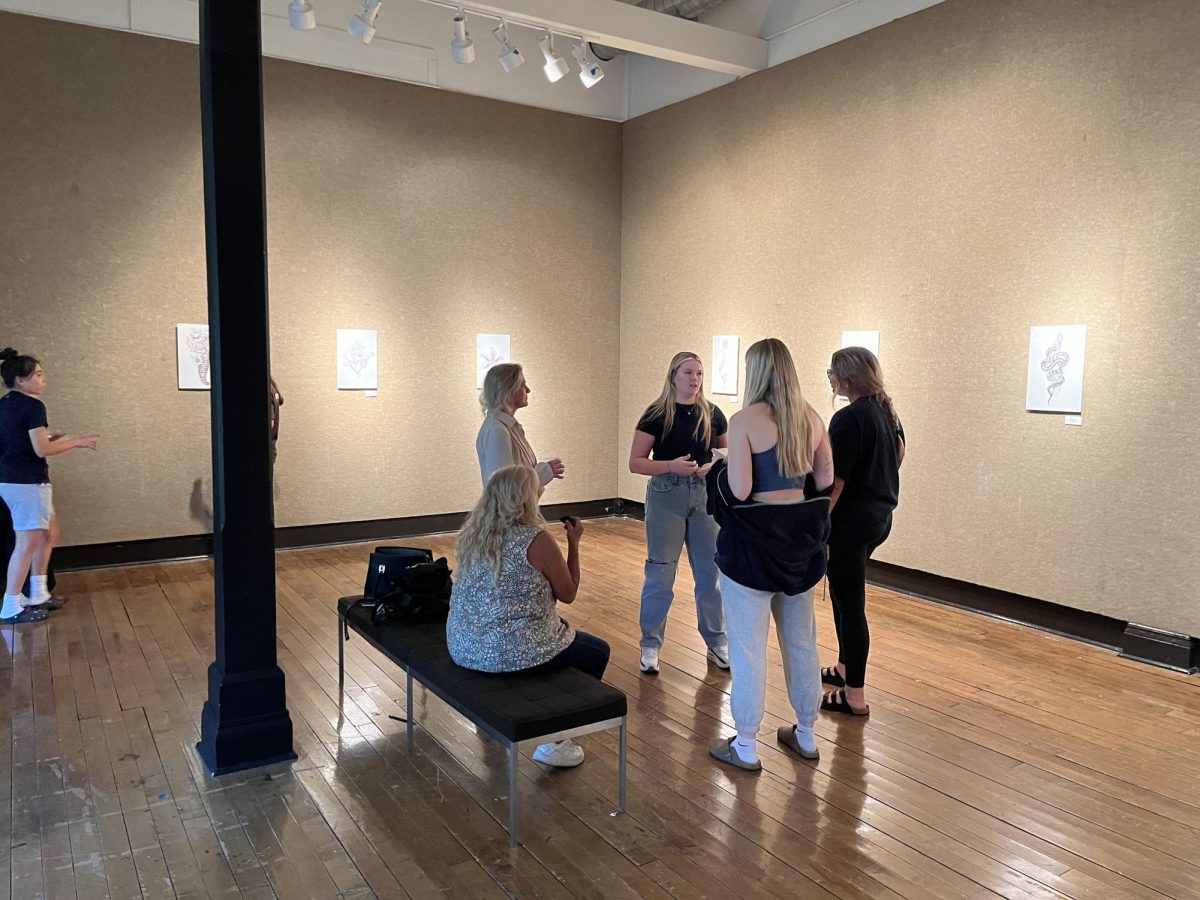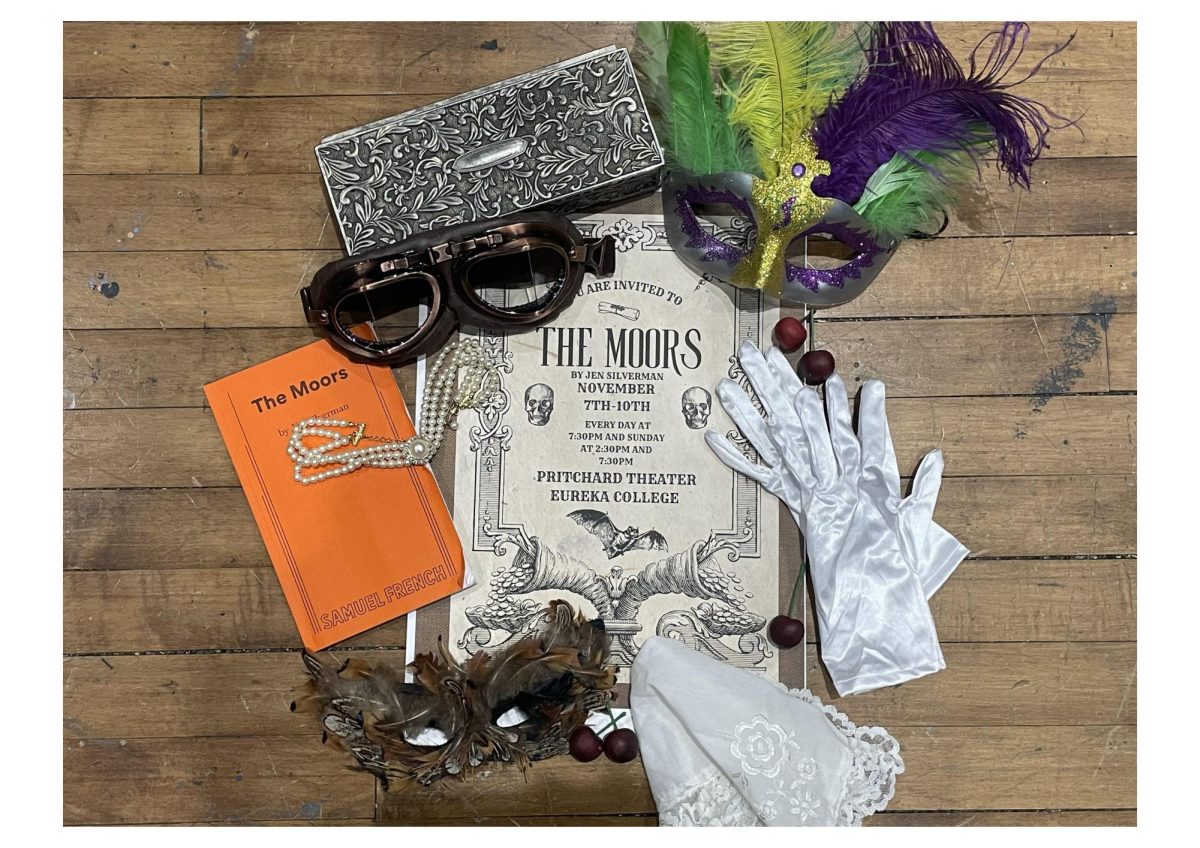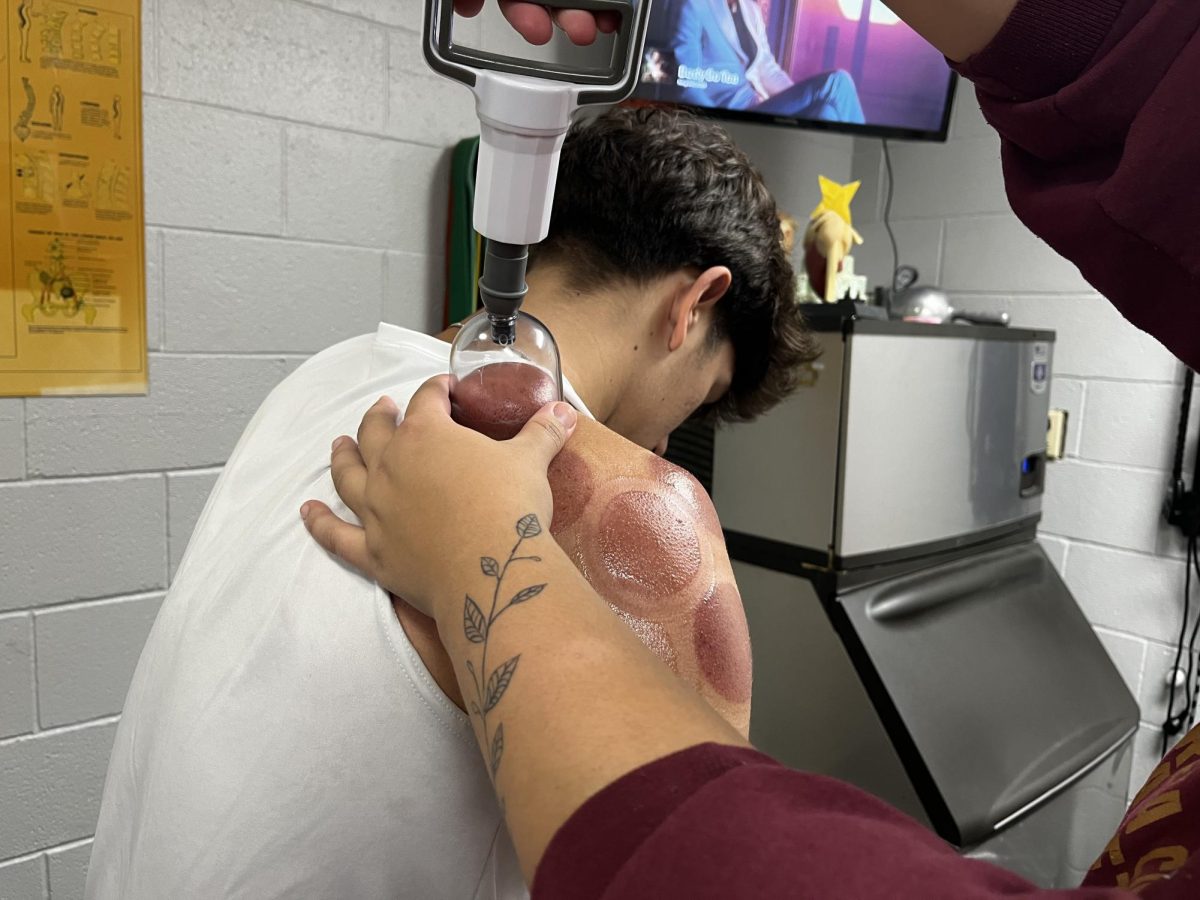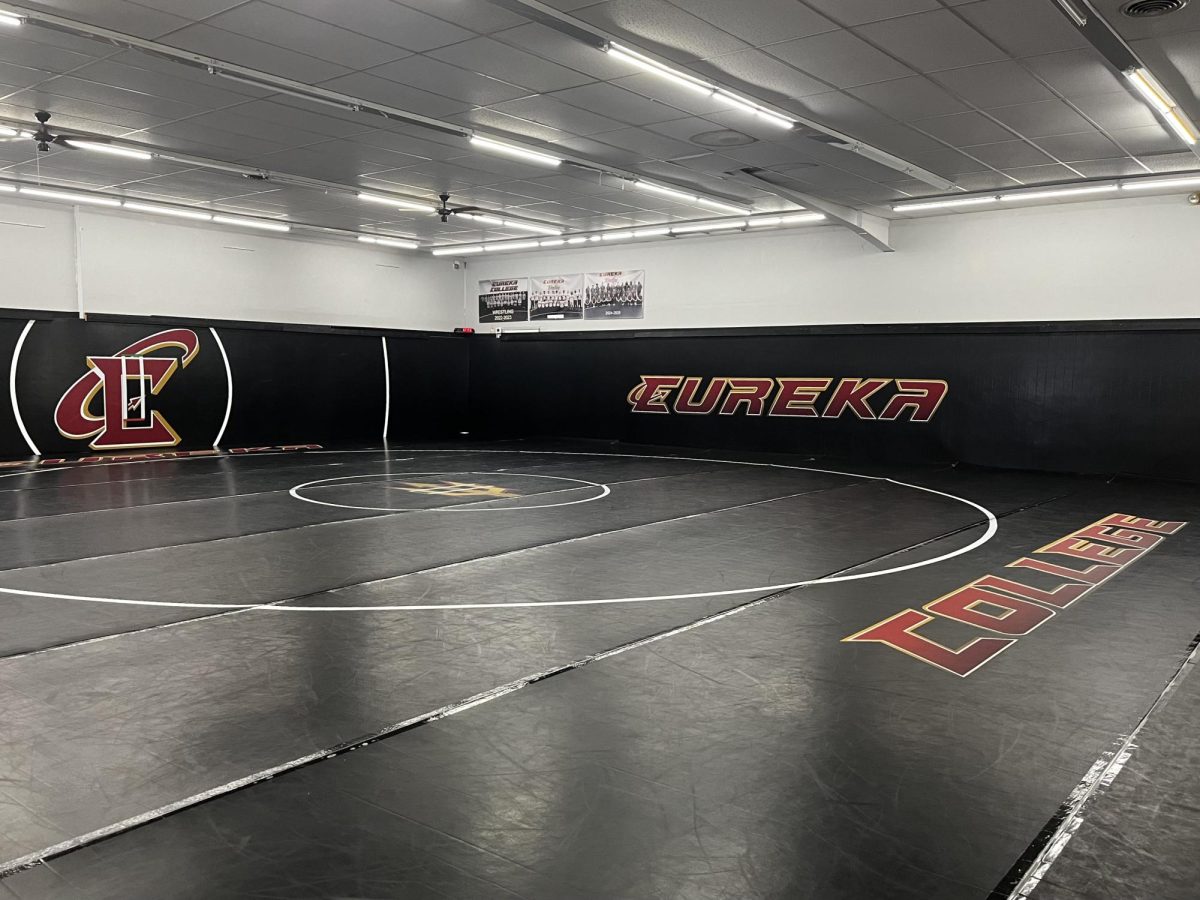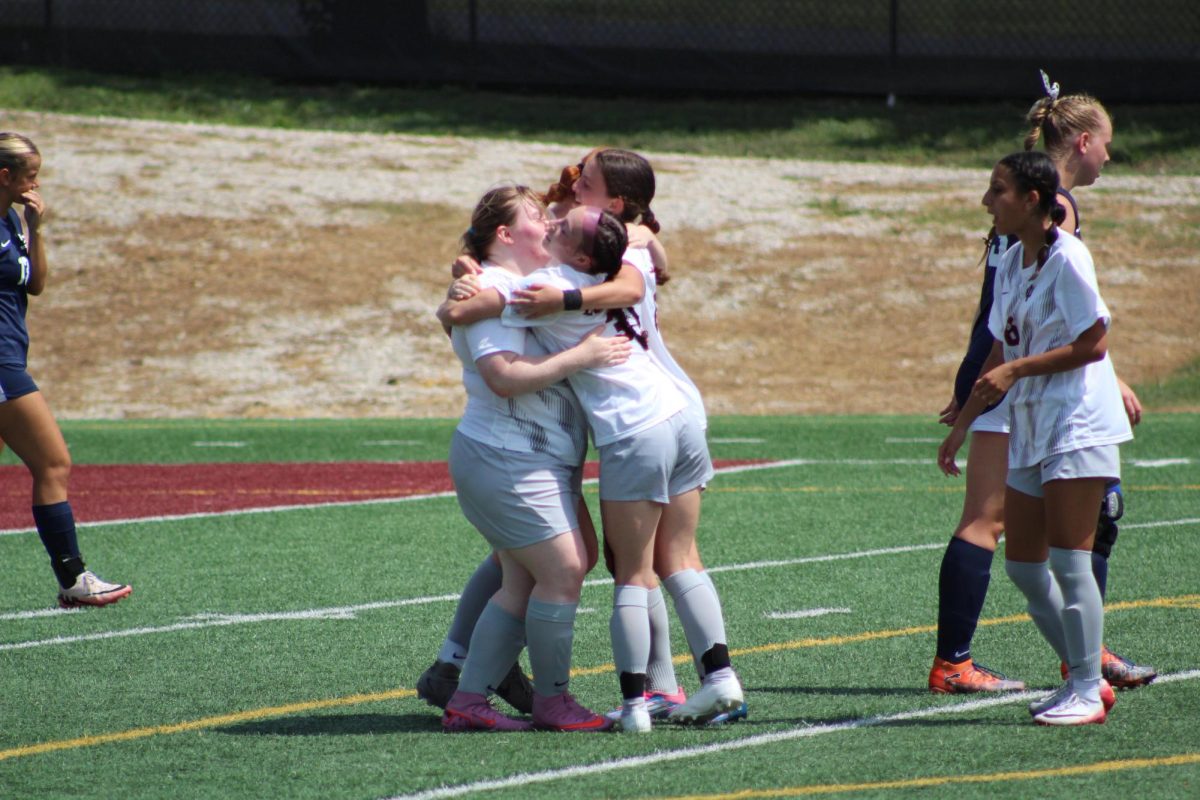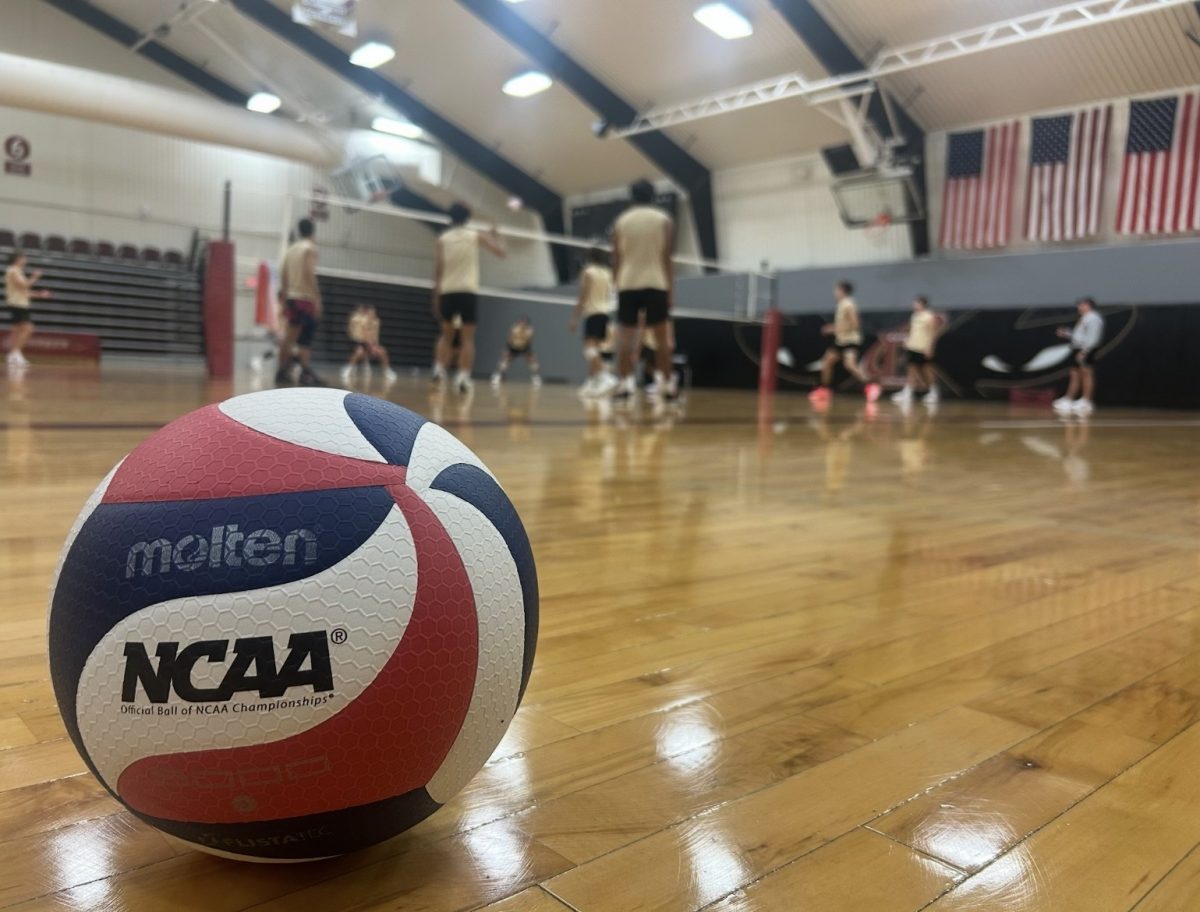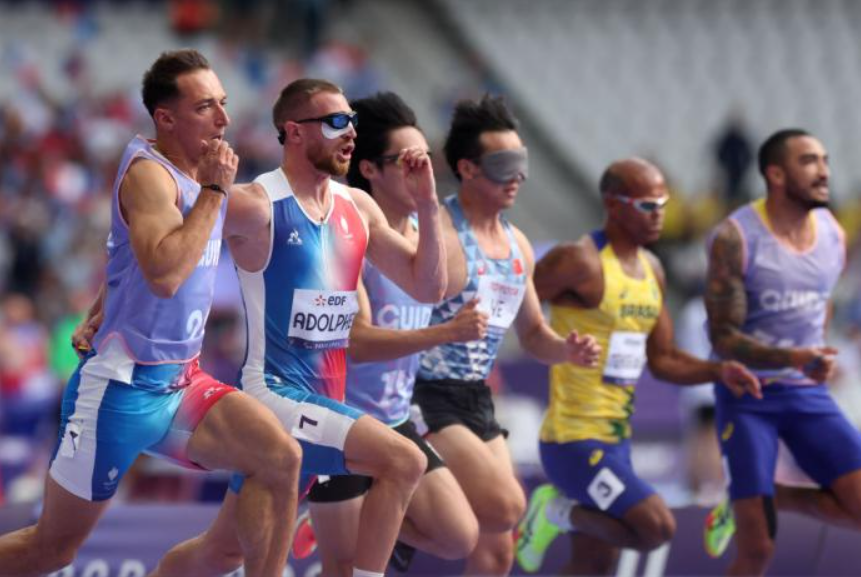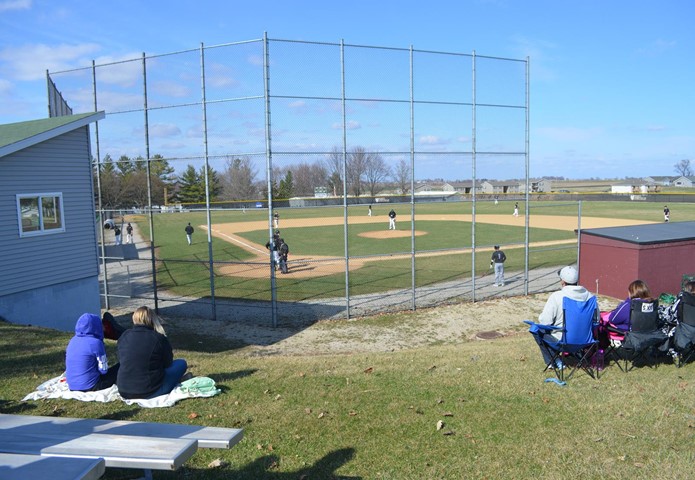The Paralympics were held August 28th through September 8th in Paris, France. Over 4,000 athletes competed from around the world in 549 events.
Sports competitions involving people with disabilities were first introduced by Sir Ludwig Guttmann in 1948. He held a sports competition involving 16 World War Two Veterans from England, with spinal cord-related injuries. After this event, competitors from Holland joined in. This evolved into a national movement, now known as the Paralympic Games. In 1960, Olympic style games were held in Rome for people with disabilities. This took place soon after the Olympics ended.
Eventually, in 2001, an agreement was signed saying that the Paralympics would automatically be included after the Olympics and be held in the same city. The first official Paralympics took place after the 2008 Beijing Olympics. Ever since then, the Paralympics have grown and is the third largest sporting event in terms of ticket sales in the world.
This year, the summer Paralympics was held two weeks after the Paris Olympics in France. Athletes competed in 22 different sports, such as Para Badminton, Sitting Volleyball, Para Swimming, Para Athletics, Goalball, and more.
For Para Badminton, there are six different sport classes: WH1, WH2, SL3, SL4, SU5, and SH6. Athletes who compete in WH1 and WH2 play in half court singles (WH1) or full court doubles (WH2) in sport wheelchairs.
Sitting Volleyball involves two teams of six players that try to earn points by grounding the ball on the other side of the net. Athletes must be seated and slide around on the court. The team to get the best out of five matches wins. This year at the Paralympics, Team USA won the women’s gold medal match in Sitting Volleyball.
Athletes alike face challenges when training and playing for a sport. Before he taught here, Professor Bolkema, who teaches kinesiology at Eureka College, coached a Paralympic athlete in volleyball who was paralyzed from the waist down.
“I own a gym. So, I see kids battle through adversity every day. You know there are days you don’t feel like it. There’s days, it’s hard. It’s heavy, you’re tired. But pushing through, you know, one step at a time, following the process, doing things the right way. Just has way more life lessons,” Bolkema said.
Para Athletics is another Paralympic event that has many track and field subcategories that athletes participate in. Some have a visual impairment in which they run with a guide, while others compete in wheelchairs, or prostheses. Their events are anything from lightweight wheelchairs for racing or running with leg prostheses to 4x100m universal relay that has four athletes (two male and two female) with different classifications.
Rachel Fisher, a junior at Eureka College, has been in cross country since middle school and has been doing it ever since. She runs cross country in the fall and track in the spring.
Paralympic athletes are such an inspiration to everyone. It’s truly amazing what the human body can do!
“Sometimes we take it for granted and we’re like, okay, we’re gonna go out and do a five-mile run or something and I don’t think anything about it, but when they go out, especially talking about with the blind race, they have to have a partner with them and it’s just so much more work. So, it’s really inspiring to see,” Fisher said.
In Illinois, there are lots of opportunities for getting involved with recreational events and sports! One program is called Heart of Illinois Special Recreation Association. This association is a cooperative extension of the Morton, Peoria, Chillicothe, and Washington Park Districts. The HISRA has something to do for many different age groups. They provide many programs to individuals with disabilities and special needs here in central Illinois. Some programs that they offer are bowling, flag football, orchard outing, and more! Some other services and organizations that operate in Illinois include Chicago Park District, Fox Valley Special Recreation Association, Midwest Wheelchair Sport and Social Club. These organizations and more, can be checked out here.
Paralympic athletes face challenges every day, but they still persevere and overcome them. Their achievements shine through at these events. The next time you can watch the Paralympics, will be March 6th-15th, 2026 for the winter edition held in Milan and Cortina d’Ampezzo, Italy.

